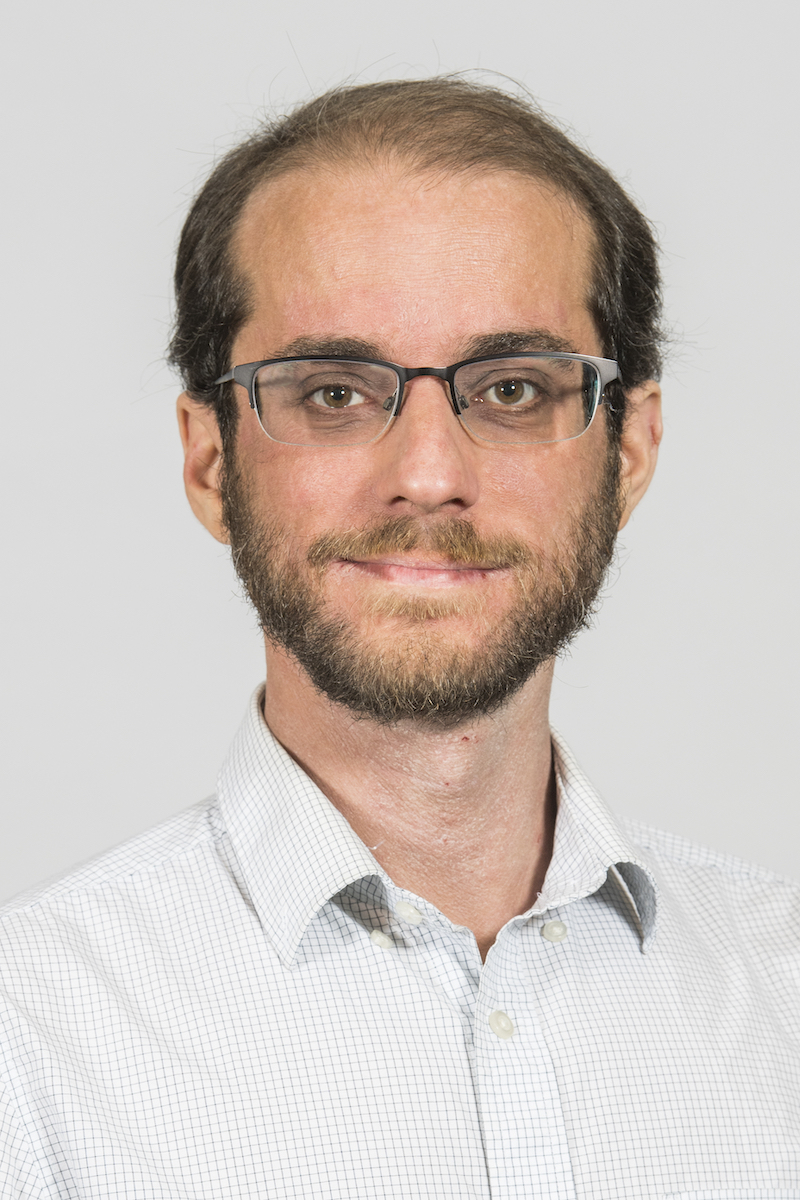Case Study
Purging Undefined Behavior and Intel Assumptions in a Legacy Codebase
For large C++ codebases, adding support for a new platform (e.g. Apple Silicon/ARM) can be a scary, expensive endeavor. One of the biggest causes for alarm is undefined behavior (UB), which is an unfortunate part of many legacy codebases; luckily there are tools to help. After a brief review of what undefined behavior (UB) is we will discuss what issues it can cause and why it should be avoided. We will look at a few real-life bugs caused by UB in our codebase and discuss a common type of UB in legacy codebases: "it works on Intel". We’ll discuss how eliminating undefined behavior from a cross platform codebase can reduce maintenance costs and make it less stressful to support new platforms for your codebase. Then, we’ll go over the specific cultural and tooling initiatives we used to eliminate undefined behavior in our C++ codebase, including how we used static analysis and clang sanitizers to identify and address issues.

Roth Michaels
Roth Michaels is a Principal Software Engineer at iZotope/Soundwide, an industry leader in real-time audio software for music production and broadcast/film post-production. In his current role on the Audio Research Team at iZotope's parent company, Soundwide, he is focused on developing new fast prototyping frameworks. When he joined iZotope, Roth was the lead library designer of a new internal cross-platform "Glass", part of which is now available as open-source. More recently in his former role as Mix/Master Software Architect, Roth helped develop the reference implementation to move iZotope's products to subscription and led the team that launched the company’s first SaaS offering for music producers. Roth studied music composition at Brandeis University and continued his studies in the Dartmouth Digital Musics program. Roth began his career in software development writing software for his own compositions, and the works of other composers and artists, and teaching MaxMSP to composers and musicians; both private instruction and designing university courses. Before joining iZotope, he was working as a consultant for small startups working on mobile applications specializing in location services and Bluetooth.

